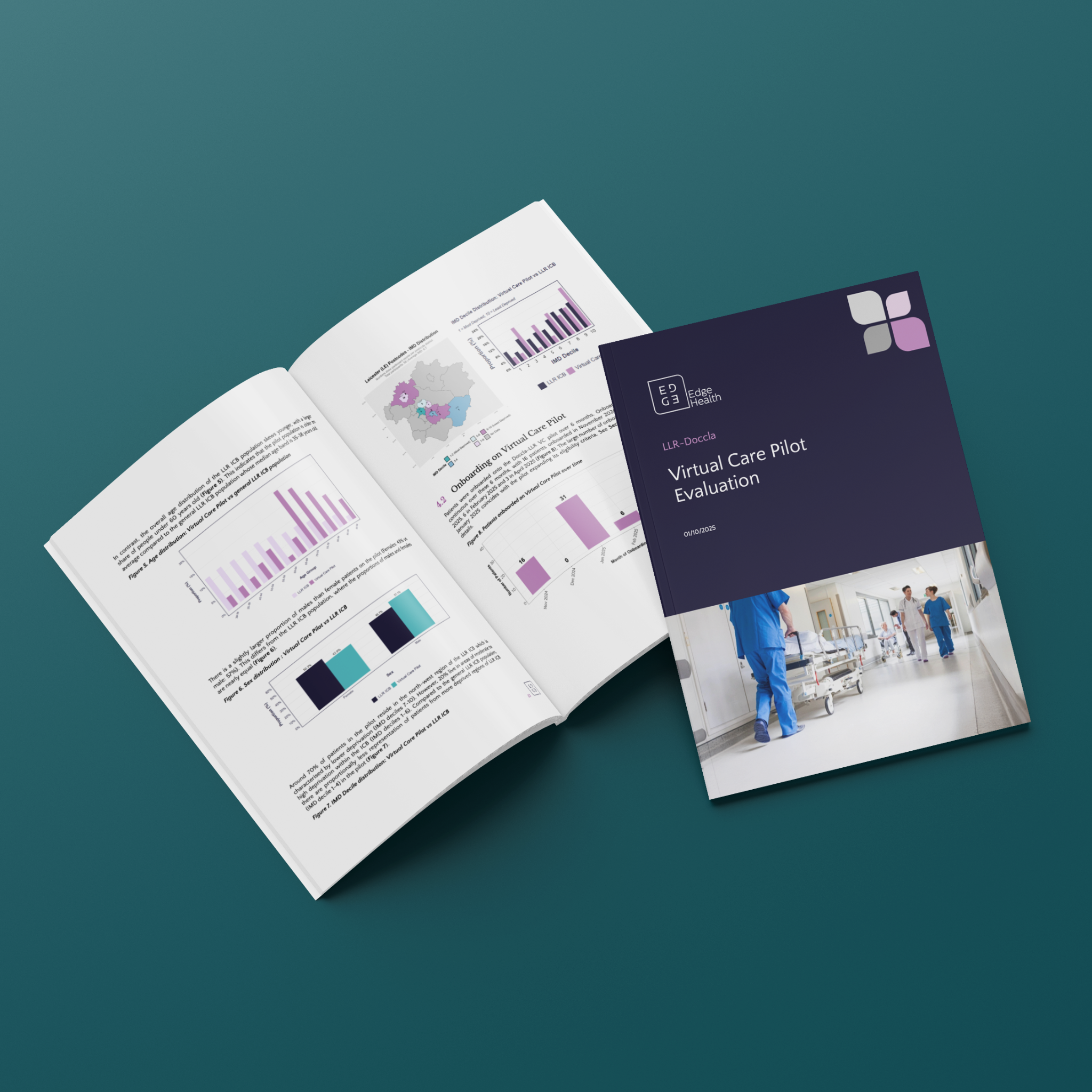Building a New Model for Paediatrics Care at Home
The Evelina Children’s Hospital @ Home (H@H) service, delivered by Guy’s and St Thomas’ NHS Foundation Trust in partnership with King’s College Hospital, offers a compelling example of how paediatric care can safely move from hospital to home. A new evaluation of the service shows it is not only effective but also highly efficient, paving the way for future integration of virtual ward technologies.
This study, shared by Dr Ronny Cheung, Consultant Paediatrician at Evelina London Children’s Hospital, lays the groundwork for transforming children’s care with innovative virtual care solutions.
What the Study Found: Safety and Efficiency in Paediatrics Care
The Evelina Children’s H@H service cared for nearly 4,500 children over 2.5 years, showing that care can be delivered at home without compromising quality. The results are impressive:
• Efficient Care: Only 1.2 contacts (phone or in-person) per hospital bed day saved, highlighting resource efficiency.
• Low Treatment Failure: Minimal readmissions to hospital within 30 days for the same condition, demonstrating reliability and safety.
Dr Ronny Cheung summarised the findings in his LinkedIn post:
“We show that, for our urban H@H service… the service is effective; efficient (uses only 1.2 contacts per hospital bed day saved), and has low rates of ‘treatment failure’ (as measured by readmissions to hospital within 30 days for the same condition).”
This success was achieved without digital or remote monitoring, but Dr Cheung also emphasised that integrating these technologies in the future could lead to a “step change in care quality.”
Why Virtual Wards Are the Next Step
While the Evelina service has set a high standard, the integration of virtual ward technologies offers exciting opportunities to enhance care further. By incorporating remote monitoring and digital tools, virtual wards could:
1. Enable Real-Time Monitoring: Wearable devices could track patients’ conditions continuously, enabling early detection of deterioration.
2. Streamline Care Pathways: Data insights from virtual wards can optimise care, reducing unnecessary contacts while ensuring patients get timely interventions.
3. Scale Efficiently: Digital solutions allow services like Evelina’s to expand geographically and support more patients without equivalent increases in staffing.
4. Empower Families: Parents gain confidence knowing their child is monitored and connected to clinicians even when receiving care at home.
Dr Cheung also highlighted the importance of understanding reattendance rates in a nuanced way:
“Not all reattendances are ‘bad’: some reflect patient/carer choice, and some reflect high-quality care due to recognition of deterioration at home that might otherwise have been missed.”
Virtual wards can further support these proactive interventions while maintaining safety and efficiency.
What This Means for NHS Care
The Evelina Children’s H@H service aligns with the Darzi-driven NHS agenda to shift care from hospitals to communities. Integrating virtual ward technologies into this model could amplify its impact:
• Reduce hospital admissions by an estimated 10–30%.
• Improve outcomes by enabling earlier intervention.
• Optimise resources and reduce costs by tailoring care to individual needs.
As the service pilots remote monitoring in collaboration with partners like Doccla, the potential for virtual wards to transform paediatric care is becoming increasingly clear.
Conclusion: The Future of Paediatric Care is Hybrid
The Evelina Children’s Hospital @ Home service has demonstrated that children can be cared for safely and effectively at home. Now, with the integration of virtual ward technologies, there is an opportunity to scale and enhance these successes.
Dr Ronny Cheung summarised the significance of this evolution perfectly:
“Digital and remote monitoring… promises to provide a further step change in care quality—watch this space!”
At Doccla, we are proud to partner with forward-thinking providers like Evelina to help pilot these innovations. Together, we can ensure paediatric care is safer, more efficient, and more accessible—offering the best outcomes for children, families, and clinicians alike.
Stay tuned for updates as we work to make this vision a reality.



.png)





